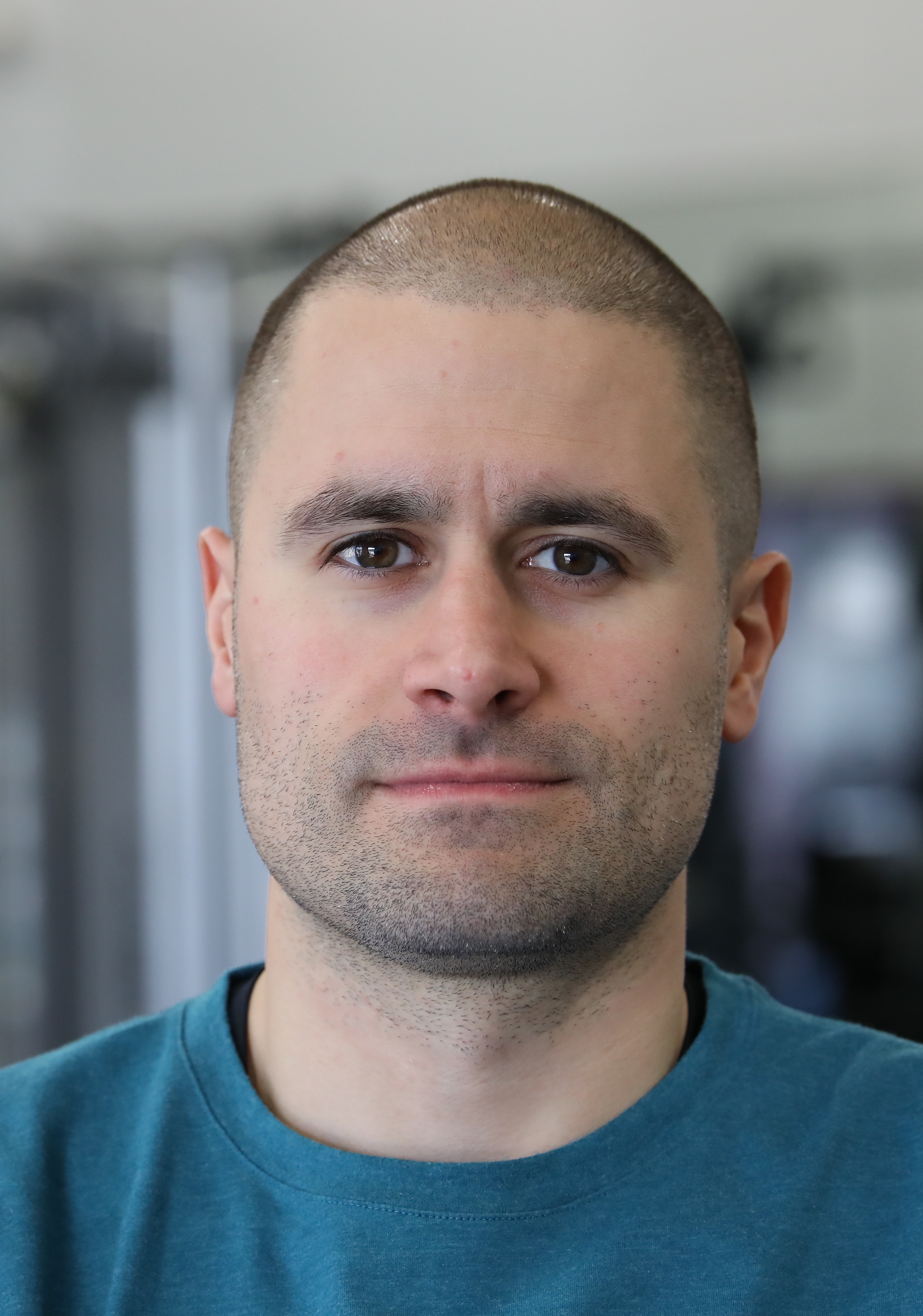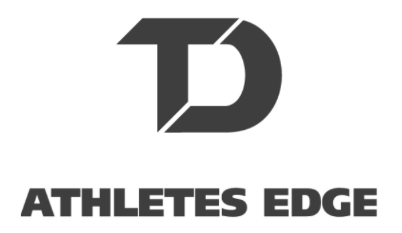SINGLE LEG STRENGTH SERIES WITH MATTHEW IBRAHIM PART 4
PART 4 of the #SingleLegStrength Training Series with@matthewibrahim_: Lateral Lunge Progressions
______________________________
The video above contains the following Lateral Lunge Progressions:
1. Alternating Dynamic Lateral Lunge
2. Elevated Lateral Lunge
3. Lateral Lunge w/ @valslide
______________________________
BENEFITS:
These lateral lunge exercise progressions focus on an alternating, dynamic pattern from side to side (progression 1), followed by an elevated position on one side at a time (progression 2), and finishing up with the final progression with the use of a slider (progression 3). Lateral lunges (any progression) can pose a tough challenge for athletes and clients, but is an important movement to use within sport performance (think: game-like situations) and general fitness (think: daily activities) at the right dosages and progressions. It's a great bang-for-your-buck exercise that provides: single leg stability (at each joint: hip, knee, ankle), trunk stability, owning the low "athletic" position, and enhancing your ability to produce and absorb force.
______________________________
COACHING KEYS:
Similar to the linear lunge progressions, we want to maintain a tall, upright torso within all exercise progressions here for the lateral lunge exercise. It's important to also keep your core muscles engaged to help stabilize the hips and trunk. Now, here's a key concept to understand: if we take a snapshot image of the bottom of the body weight squat position with good knee tracking and joint positioning, we should be able to cover the left side of your body with a piece of paper and just view the right side of your body. THAT is exactly what the bottom position of the lateral lunge (any progression) should look like. Once we have that concept down, keep your focus again on good knee tracking, good joint positioning, and a tall torso. The leg that bends at the knee is the side that we should predominantly load, while the leg that extends straight out is the leg that stabilizes in a minor, supporting role. Focus on precision and intent when performing this exercise.
LIKE WHAT YOU READ? SIGN UP NOW TO GET THE LATEST TIPS AND ADVICE
Tim DiFrancesco, PT, DPT, ATC, CSCS spent 6 seasons as the Head Strength & Conditioning Coach of the Los Angeles Lakers and is the founder of TD Athletes Edge. He is nationally renowned for his evidence-based and scientific approach to fitness, training, nutrition, and recovery for athletes and fitness enthusiasts.
For training and nutrition advice, follow us on:
• Instagram http://instagram.com/tdathletesedge
• Twitter http://twitter.com/tdathletesedge
• Facebook http://www.facebook.com/tdathletesedge
• YouTube https://www.youtube.com/user/tdifranc1
• Podcast http://www.tdathletesedge.com/podcast
• Website http://www.tdathletesedge.com
ABOUT THE AUTHOR

Tim DiFrancesco, PT, DPT spent 6 seasons as the Head Strength & Conditioning Coach of the Los Angeles Lakers and is the founder of TD Athletes Edge. He is nationally renowned for his evidence-based and scientific approach to fitness, training, nutrition, and recovery for athletes and fitness enthusiasts.
